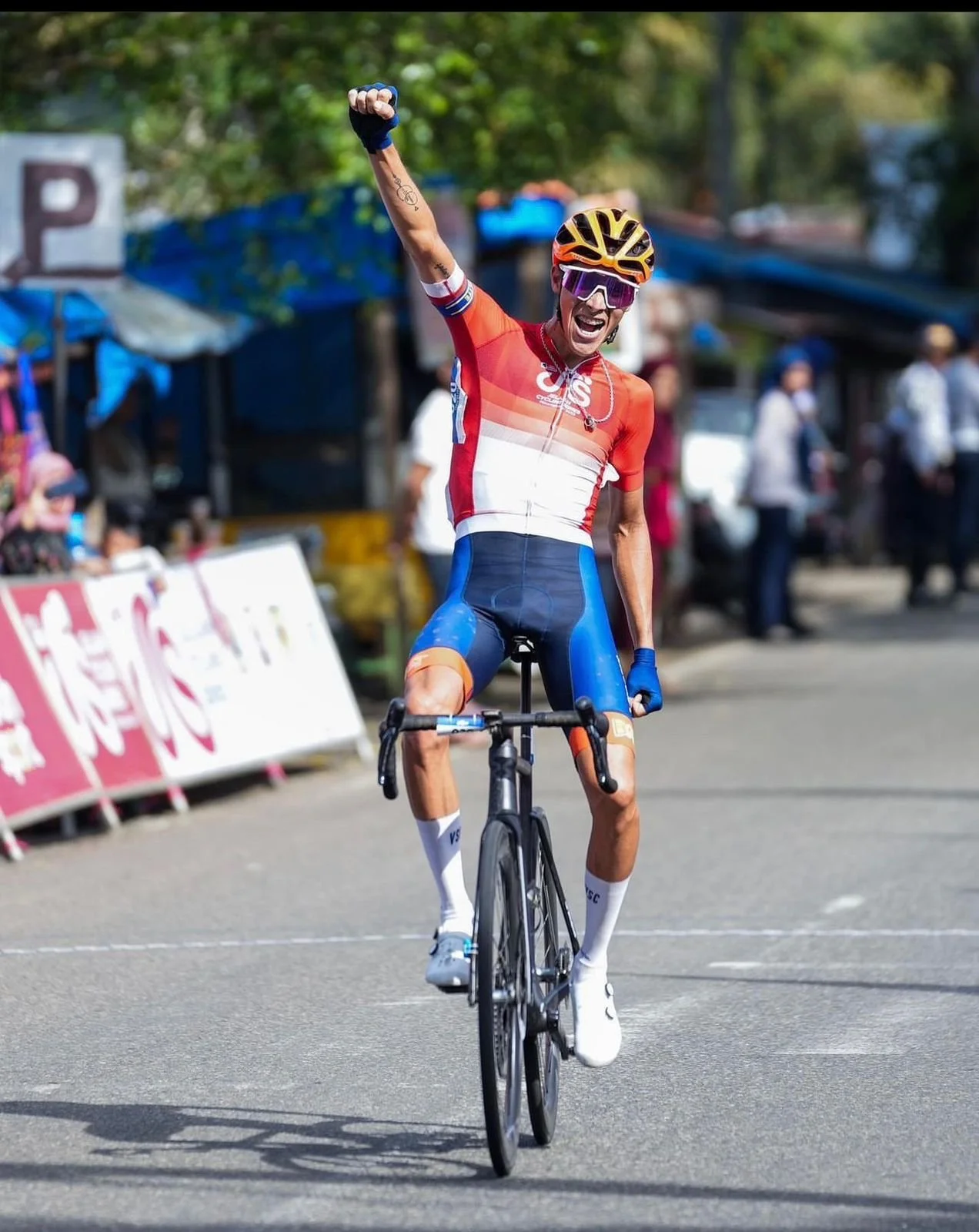"Endurance sport is a long-term plan."
"After 20 years at a high level in endurance sports as an athlete and 15 years as a coach, I have enough data to prove that if you play the long game and develop the lower zones, it is possible to reach the highest level in endurance sports."
The quote "no pain no gain" is often used to motivate people to work harder and push through discomfort in order to achieve their goals. However, this mentality can be problematic because it implies that pain is a necessary and acceptable part of the process, when in reality, it is not.
Pain is often a sign that something is wrong or that the body is being pushed beyond its limits. Ignoring pain and pushing through it can lead to serious injuries, which can have long-term consequences and even prevent people from achieving their goals altogether.
Additionally, the "no pain no gain" mentality can create unrealistic expectations and contribute to a culture of overworking and burnout. It can make people feel like they need to constantly push themselves to the brink of exhaustion in order to be successful, which can lead to physical and mental health problems.
"Not too many humans are self-confident, and I believe it's one of the reasons we seek immediate satisfaction instead of being patient and trusting the long process."
Here is the problem: people feel the need to experience pain during training in order to feel a sense of immediate satisfaction that the job is done. The real result of this is fatigue and no long-term improvement, which means that your fitness level will remain stagnant, and you will likely become tired and unhealthy (with low red blood cell levels, low testosterone, and high cortisol). Endurance is a long-term game, but the rewards are beyond expectations (superior strength, longevity, fewer illnesses, and age becoming just a number).
In conclusion, while pushing oneself to achieve goals is important, the idea that pain is necessary for progress is a flawed and potentially dangerous one. It's important to listen to one's body, take breaks when needed, and prioritize self-care in order to achieve sustainable success.

